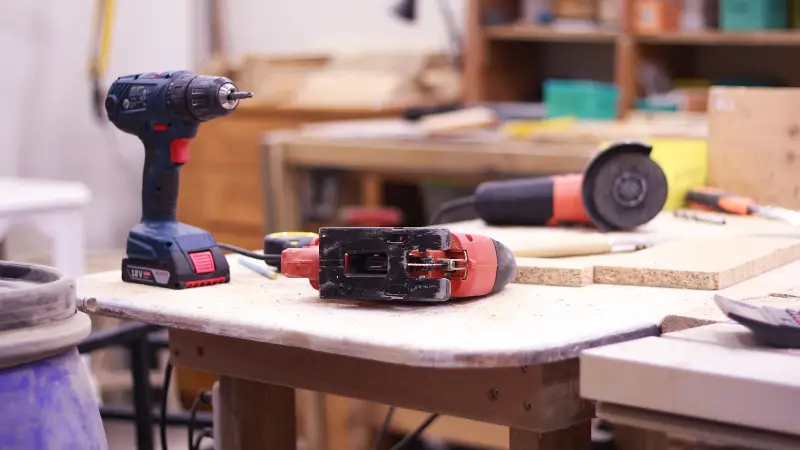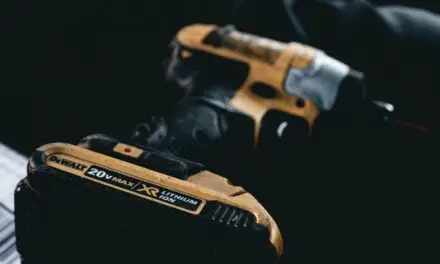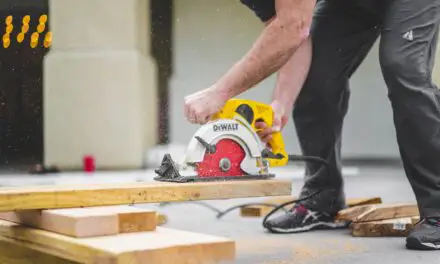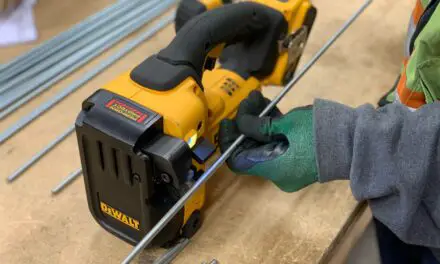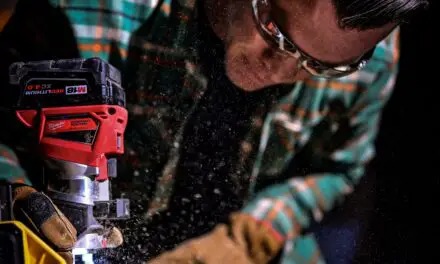One of the most common issues people encounter with their DeWalt batteries is the component failing to charge properly. There are a few common reasons that lead to a DeWalt battery not charging.
Most DeWalt batteries suddenly experience charging issues due to complications regarding the charger, the power source, or the battery’s internal components. Some of these issues can be fixed in seconds, whereas others might require more involved repairs or, worst case, the battery’s replacement.
In this article, we will discuss the most common reasons why a DeWalt battery won’t charge and provide a guide for each to help you potentially solve the problem on your own.
Most Common Reasons Why a DeWalt Battery Isn’t Charging
It happens to the best of DeWalt batteries; one day, you put it on the charger, and the battery is fully powered within the hour, and the next day, your DeWalt battery charging is telling you that your battery is no good.
Since these batteries can easily cost anywhere between $30-$70, it’s understandable that you’d want to try and solve this charging issue yourself before purchasing a replacement.
Once you’ve confirmed that you’re placing the DeWalt battery on the charger properly without results, it’s time to troubleshoot some other possibilities.
The most common reasons why a DeWalt battery will stop charging include the following:
- Dirty or corroded contact points
- The battery has entered sleep mode
- Damaged or depleted cells
- Damaged or worn parts
- Charger complications
- Outlet complications
Solving some of these causes is pretty straightforward, whereas others will require certain tools and knowledge.
Below, we have discussed each cause in more detail and provided troubleshooting steps, so you can have your DeWalt battery charging and fully operational in no time.
Dirty or Corroded Contact Points
All DeWalt batteries have contact points that allow an electrical current to flow from its connected charger into the battery.
Over time, these contacts might become covered in oils, dirt, rust, and other grime that impede this flow of electricity, effectively preventing your battery from charging.
To fix this simple issue, gently scrub each contact point with a specialized cleaner and abrasion tool, such as low-grit sandpaper.
Once they’re clean, wipe them off with a clean microfiber towel and see if your battery’s charging abilities have been restored.
Battery Has Entered Sleep Mode
Many DeWalt battery owners are unaware of the fact that their batteries can actually enter a state known as “sleep mode” that can be difficult to reverse if you don’t know how.
When your DeWalt battery loses nearly all its charge and is then left in this state for several days, the battery will enter sleep mode in an effort to maintain enough charge to communicate with a charger and restore its power.
Once it’s entered this mode, you might find that placing the battery on the charger yields no results.
In this case, you’ll need to revive the battery by essentially jump-starting it using another DeWalt battery, so it has enough power to continue the charging process.
Damaged or Depleted Cells
Inside a DeWalt battery is a series of nickel-cadmium or lithium-ion cells connected in series to provide the battery’s overall charge (ex., 18V, 20V, etc.).
Despite these batteries containing anywhere from 3 to 15 cells, if just one is damaged or depleted, it will negatively impact the battery as a whole.
This is a common reason why DeWalt battery life reduces significantly over time and might even prevent the battery from charging altogether.
Luckily, anyone could potentially fix this issue by reconditioning their battery‘s internal cells or replacing the ones that are damaged or depleted.
Damaged or Worn Parts
DeWalt power tools and their connected batteries are often used for demanding tasks, and so they are prone to experience some degree of damage over time, whether this is due to age, general wear and tear, or accidents.
If your DeWalt battery suddenly stops charging, you’ll want to inspect its exterior and interior for obvious signs of damage, such as cracks, chips, or significant degrees of corrosion.
You’ll also want to confirm that all of the battery’s components are in place and tightly secured, as loose wiring and screws can contribute to charging issues as well.
Charger Complications
Sometimes, the root cause of your DeWalt battery doesn’t lie with the battery at all, but rather, the charger.
The performance of these accessories will slowly degrade over time to the point that they might become incapable of charging your DeWalt battery and, therefore, in need of replacement.
An easy way to test if the charger is the real culprit would be to place your DeWalt battery on a different charging source and see if it seems to charge without issue.
If you’re reluctant to purchase a new charger, you could troubleshoot some common DeWalt charger issues to see if there are any quick fixes or repairs you can use to get your charger back in working condition.
Most DeWalt chargers are also covered under the company’s 3-year warranty, so you could potentially acquire a replacement for free.
Outlet Complications
Another common cause of DeWalt battery charging issues you’ll want to investigate is the outlet you’re using to power its charger.
Outlets can become loose over time, making it difficult to keep plugs firmly in place enough for the connected accessory to receive sufficient power.
They can also become overloaded if they are constantly being used to power high-wattage devices.
If you have several power tools and other electrical accessories plugged into the same outlet as your DeWalt battery charger (or even the same extension cord), you might want to try plugging it into a different outlet by itself.
Not only is overloading an outlet a fire hazard, but it can also cause the outlet to short-circuit.
Typically, its connected breaker will flip and prevent any significant damage, but sometimes, this safety measure isn’t enough.
You can test outlets using a multimeter tool and a voltage detector to confirm whether it’s safe and operating optimally.
Final Thoughts
Finding that your DeWalt battery has suddenly stopped charging is an issue almost every DeWalt owner has experienced.
If you’re one of them, then hopefully, you can fix the problem yourself by finding its cause and using some of the solutions listed here.
Should you find that none of these apply to your situation, then you might want to consult with an expert and consider purchasing a replacement battery.

